- Foundation
- Actions
- Osteoarthritis
- Actuality
- OAFI Radio/TV
- Get Involved
- Contact
-
-
-
OAFI
Osteoarthritis International FoundationC/ Tuset, 19 · 3º 2ª
08006 Barcelona
(+34) 931 594 015
info@oafifoundation.comSchedule:
Monday-Thursday 9AM-6PM
Friday 8AM-3PM
-
-
-

-

-

Chronic Patients Fail in The Sixth ‘Escrónico’ Barometer on Health Care Received
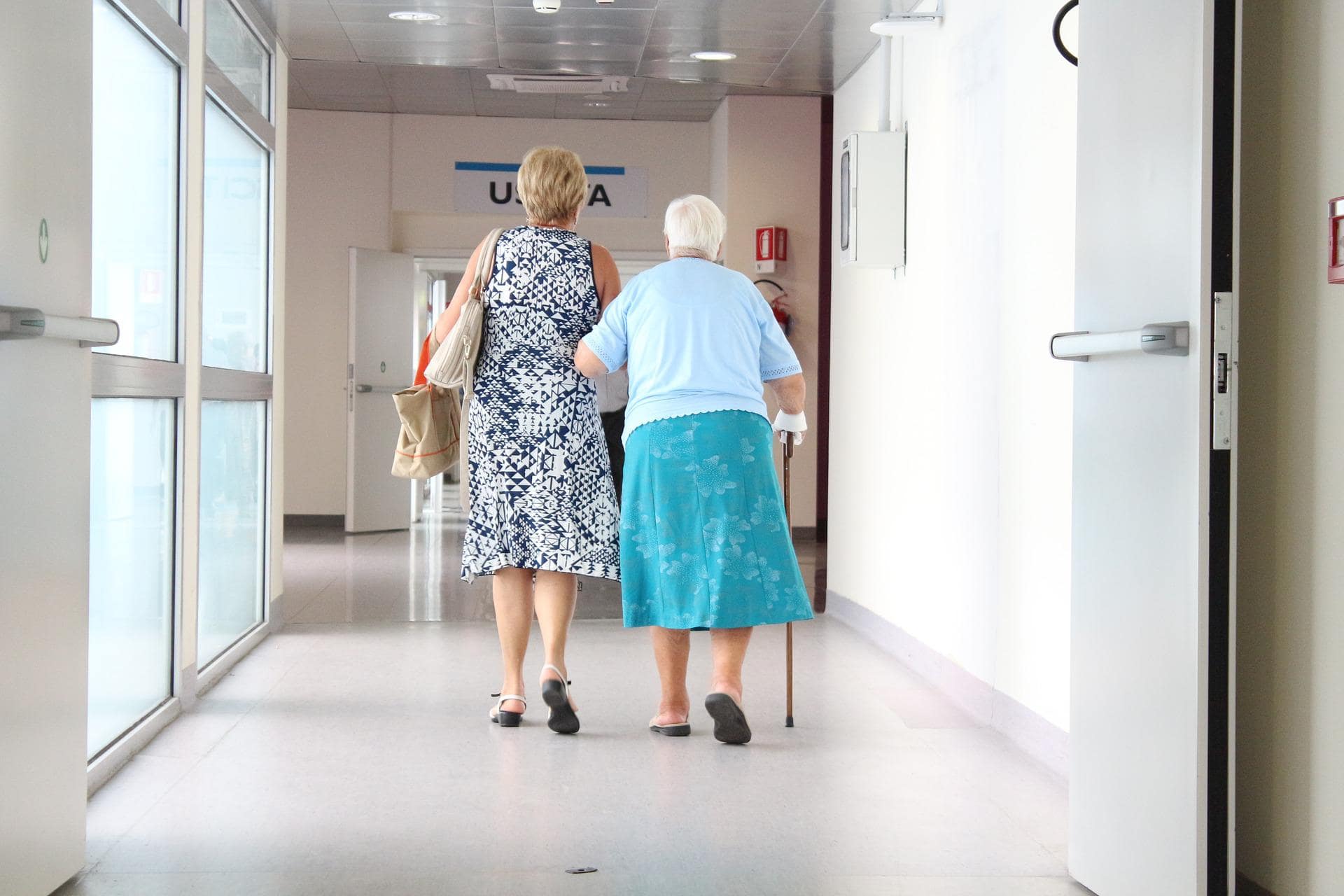
What is the level of satisfaction of chronic patients with regard to health care in Spain? The Patient’s Organizations Platform (POP) has presented the 6th EsCronicos Barometer, the aim of which is to identify and assess the satisfaction and quality of healthcare perceived by Spanish chronic patients, with special emphasis on aspects such as diagnosis, treatment and care.
The results presented were somewhat alarming with patients failing to rate the healthcare received and the functioning of the national health system. These data can be explained in part by the post-pandemic situation we are currently experiencing.
On the other hand, 40% of patients gave a positive rating to the care received from their family doctor, the pathology specialist and the emergency department. However, in the analysis of the last two barometers, the ratings attributed to the pathology specialist have fallen by seven points from one barometer to the next, and the score assigned to the emergency department has also fallen by six points.
Nearly half of patients take two or more years to be diagnosed and when the first diagnosis is made, it starts to be treated incorrectly.
Most of the time, it is primary care doctors who carry out the follow-up of the chronic disease, which is the case in half of the cases, although most often this follow-up is shared between several health professionals.
Coordination in the treatment of these chronic diseases has significant room for improvement as revealed by the satisfaction data. Between 60% and 72% of patients received information on treatment and how it works, but it is estimated that there is room for improvement in the information received by patients.
On the other hand, there is room for improvement in terms of treatment decisions and patient participation in these shared decisions.
28% of patients stated that they were affected by their place of residence in the overall treatment of the disease and 17% that they were affected by their access to medication.
Finally, the study also shows that there is an unmet demand for care and an evident and very important difficulty of access in very specific areas such as physiotherapy, speech therapy rehabilitation and psychological care, which is still not being covered according to the patients’ perception.
In order to try to improve these results, the Patient’s Organisations Platform proposes to improve everything relating to information and communication between the health professional and the patient in order to really encourage co-responsibility and active participation, as well as making the care model more flexible by combining face-to-face, telematic and home care in those cases where it is deemed necessary.
Categories :
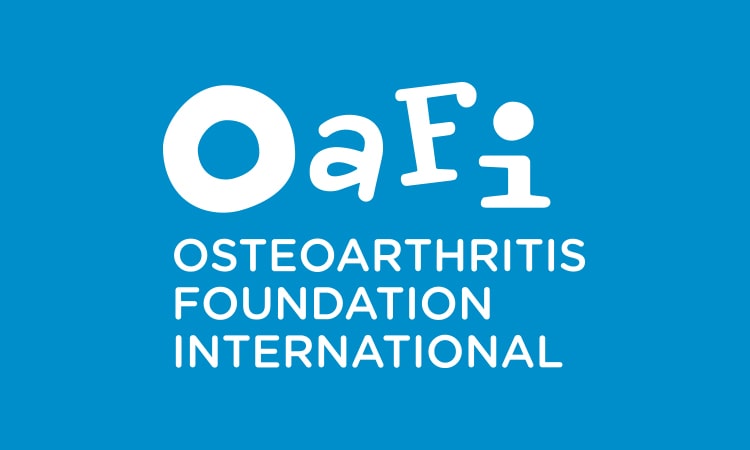




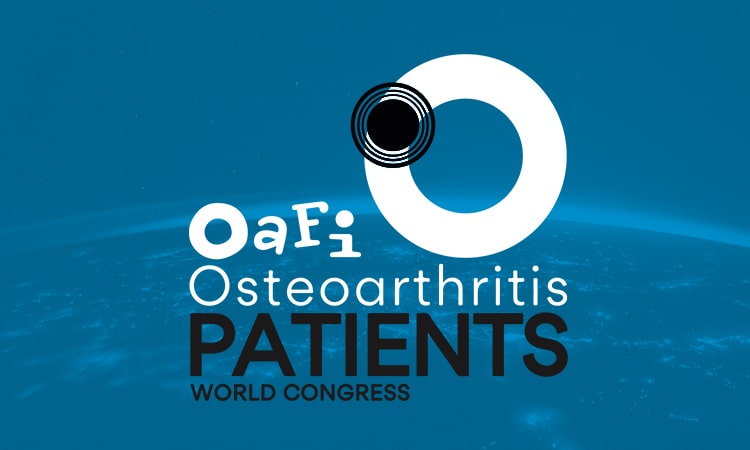







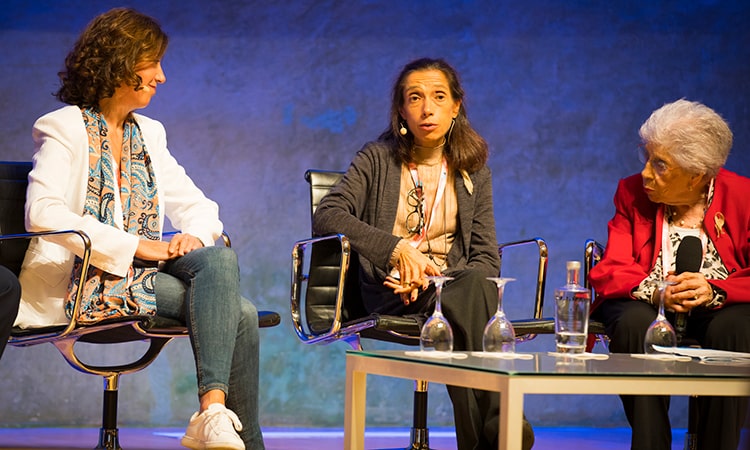






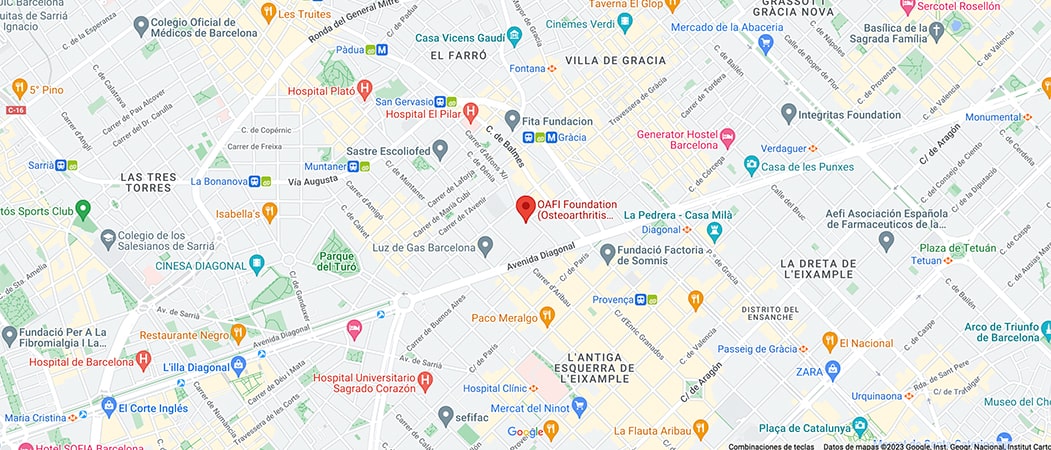

Leave a Reply